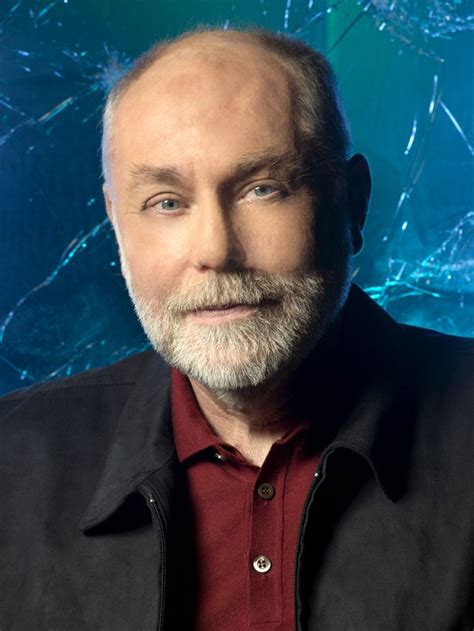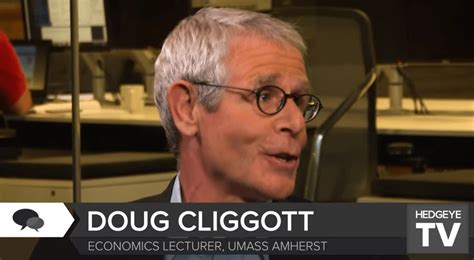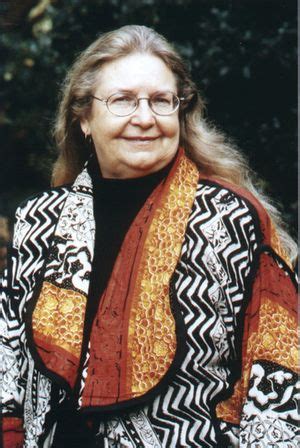A Quote by Noam Chomsky
Maybe the science is uncertain, maybe we don't have to worry about it. Climate change is the worst, but there's others.
Related Quotes
Reporting the consensus about climate change ... is not synonymous with good science reporting. The BBC is at an important point. It has been narrow minded about climate change for many years and they have become at the very least a cliché and at worst lampooned as being predictable and biased by a public that doesn't believe them anymore.
The key is if the economic data stays soft, maybe we don't have to worry much about interest rates anymore. Then we need to worry about earnings. What gave us a really strong move in stock prices from late May until about two weeks ago was this heightened optimism that maybe interest rates are at that high. That gave you a relief rally. Now reality is setting in - if we've seen the worst on interest rates then we've seen the best on earnings.
Despite the international scientific community's consensus on climate change, a small number of critics continue to deny that climate change exists or that humans are causing it. Widely known as climate change "skeptics" or "deniers," these individuals are generally not climate scientists and do not debate the science with the climate scientists.
I think that, hundreds of years from now, if people invent a technology that we haven't heard of yet, maybe a computer could turn evil. But the future is so uncertain. I don't know what's going to happen five years from now. The reason I say that I don't worry about AI turning evil is the same reason I don't worry about overpopulation on Mars.
If there is a series of attacks like that or, God forbid, if ISIS is really sending soldiers across Europe and maybe across the world for a barrage of these things, then the political climate is revolutionized here. And maybe the [Donald] Trump speech will look like a precursor to a climate that we're all about to walk into.
If you have a child with autism, and he or she has good intelligence, with no delay in language learning maybe there is an advantage to autism as well? Maybe it gives them a better understanding of mathematics, or science? After all, the essence of science and the essence of autism is to notice patterns that others have not noticed.
If we return abruptly to a Miocene-like climate, it's reasonable to think that we would experience a lot of extinctions, and maybe even a mass extinction in the long term. Would the life on Earth be radically different? Of course we can't say for sure, but I think a lot of it would look familiar. Like a lot of people, I worry a lot about whether marine mammals would survive, especially whales. Ocean acidification is one of the major killers in climate change events, and that makes the ocean a very inhospitable place.






































